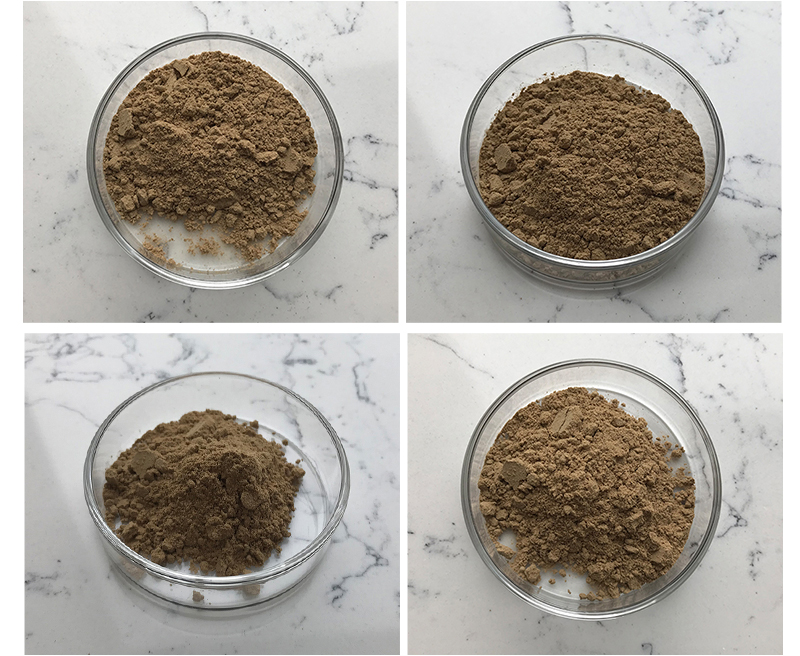Bacillus pumilus is a species of bacteria that belongs to the Bacillus genus. It is a Gram-positive, rod-shaped bacterium commonly found in soil, water, and various environmental niches. Like many other Bacillus species, B. pumilus is known for its ability to form endospores, which are highly resistant structures that allow the bacterium to survive harsh conditions, such as high temperatures, desiccation, and exposure to chemicals or radiation.

The effects of Bacillus pumilus can vary depending on its specific strain and the context in which it is found. Here are some of its notable effects:
Bioremediation: Bacillus pumilus, like other Bacillus species, has been studied for its ability to degrade various pollutants and contaminants in the environment. It can play a role in bioremediation processes by breaking down organic compounds and reducing pollution levels in soil and water.
Agriculture: Some strains of Bacillus pumilus are used as biocontrol agents in agriculture. They can inhibit the growth of certain plant pathogens, such as fungi and bacteria, and help protect crops from diseases. Additionally, they might promote plant growth through the production of growth-promoting substances and nutrient solubilization.
Industrial applications: Bacillus pumilus has potential industrial applications due to its ability to produce enzymes and metabolites that are useful in various processes. For example, it can produce proteases, amylases, and cellulases that are valuable in the detergent, textile, and paper industries.
Food preservation: In some cases, Bacillus pumilus has been associated with food spoilage. It can produce enzymes that degrade food components, leading to the spoilage of certain food products.
Allergenic potential: Bacillus pumilus is known to produce allergenic proteins, which may cause allergies in sensitive individuals when exposed to the bacterium.

It is essential to note that while Bacillus pumilus can have beneficial effects in certain applications, it can also pose risks, especially when it comes to food safety and human health. Like all bacteria, proper handling and risk assessment are necessary to ensure its safe and controlled use. Moreover, the effects of Bacillus pumilus can be strain-specific, and not all strains will exhibit the same characteristics or behaviors. As such, thorough scientific investigation and evaluation are essential before employing Bacillus pumilus or any other microorganism in specific applications.
Effects of Bacillus Pumilus on agriculture
As of my last update in September 2021, Bacillus pumilus is a bacterium that belongs to the Bacillus genus. It is known to have several beneficial effects on agriculture. Here are some of the potential positive impacts of Bacillus pumilus on agriculture:
Plant Growth Promotion: Bacillus pumilus is a plant growth-promoting rhizobacterium (PGPR). It can establish a symbiotic relationship with the roots of plants and stimulate root growth. The bacterium secretes plant growth hormones like auxins and cytokinins, which can enhance the overall growth and development of the plants. This can lead to improved crop yields and better resistance to environmental stresses.
Biocontrol of Plant Pathogens: Bacillus pumilus has the ability to produce various antifungal and antibacterial compounds. These bioactive substances can suppress the growth of harmful plant pathogens, such as certain fungi and bacteria, that cause diseases in crops. By acting as a biocontrol agent, Bacillus pumilus can help protect plants from infections and reduce the reliance on chemical pesticides.

Nutrient Solubilization and Fixation: Bacillus pumilus is capable of solubilizing certain unavailable nutrients in the soil, such as phosphates and micronutrients. This process makes these nutrients more accessible to plants, leading to improved nutrient uptake and plant nutrition. Additionally, some strains of Bacillus pumilus can fix atmospheric nitrogen, making it available to plants as a nutrient source.
Enhanced Tolerance to Abiotic Stresses: Bacillus pumilus can help plants cope with abiotic stresses, such as drought, salinity, and temperature extremes. The bacterium can produce stress-related proteins and enzymes, which protect plants from cellular damage caused by these adverse conditions.
Improved Soil Health: The presence of Bacillus pumilus in the rhizosphere (the region around plant roots) can lead to overall improvements in soil health. As a result of its activities, the soil structure can become more stable, water retention capacity may increase, and soil fertility can improve.
It is essential to note that the effectiveness of Bacillus pumilus in agriculture may vary depending on the specific strain, application methods, environmental conditions, and the crop being cultivated. Furthermore, research and development in this field are ongoing, and newer strains or uses of Bacillus pumilus may have been discovered after my last update. Therefore, it is recommended to consult current scientific literature and agronomic experts for the most up-to-date information on Bacillus pumilus and its applications in agriculture.
